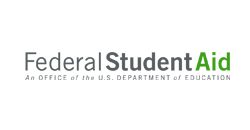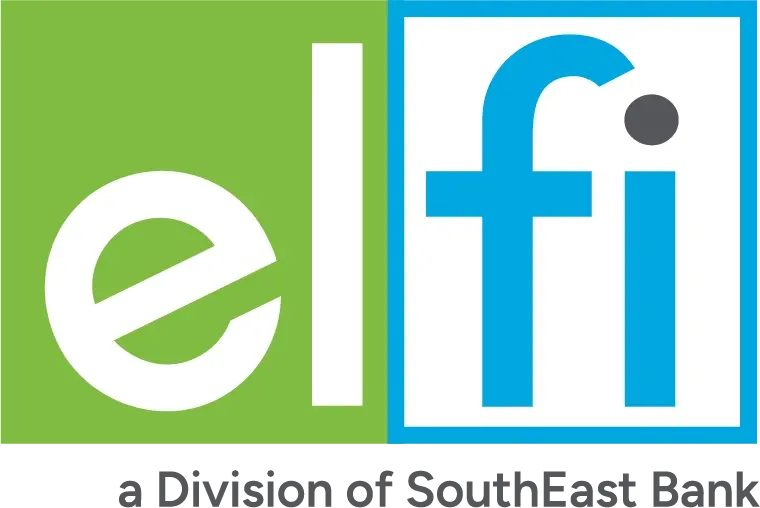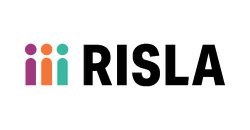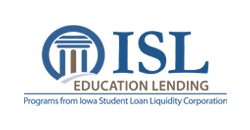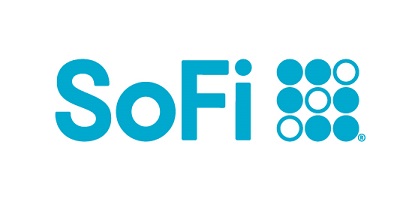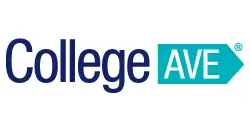Apply for a Parent PLUS loan
You can conveniently apply for a Parent PLUS loan online — check out our complete guide to studentaid.gov for tips. You’ll need to complete your application in a single session, but the entire process takes only about 20 minutes.
You’ll provide information about the student for whom you’re borrowing, as well as details on their school and the loan amount. Next, you’ll provide your own financial details and consent to a credit check.
As explained above, you may have to apply with an endorser if you have adverse credit. Also, if you’ve placed a freeze on your credit, make sure to remove it ahead of time to ensure a speedy process.
Once your loan is approved, Federal Student Aid will send the funds directly to the school. Any remaining balance can be forwarded to you or the student.
Apply for a private parent loan
Many online lenders let you browse rate offers without impacting your credit. By comparing these offers, you can find the best loan terms for you.
After choosing your loan, you’ll need to fill out the complete application, providing details about yourself, the student, the school and the loan amount. You’ll also need to consent to a hard credit inquiry (which does impact your credit score slightly) and meet the lender’s borrowing criteria.
Since each lender has its own process, confirm details about loan disbursement and the repayment period when you decide to apply.
Alternatives to parent loans for college
Taking on a parent loan can help reduce your child’s overall student loan debt. However, a parent loan isn’t always the best choice, especially if you want to limit your own debt. Here are some alternative funding options to consider.
- Scholarships and grants: You can help your child research and apply for a range of scholarships, such as full-ride scholarships, grants and scholarships for women and scholarships for Latino and Hispanic students.
- School aid: Contact your child’s school to learn more about institutional aid, including additional scholarships, grants or school-funded loans.
- Work-study programs: Your child may receive a work-study opportunity as part of their financial aid package. These positions are often flexible, allowing students to work around their class schedule.
- Part-time jobs: If your child can manage working while juggling classes, a part-time college job can help cover financial gaps.
- Crowdfunding: Try rallying friends and family to donate to your child’s education by launching a GoFundMe campaign or through the Gift of College platform.
Also, check out our guide to getting more financial aid.
